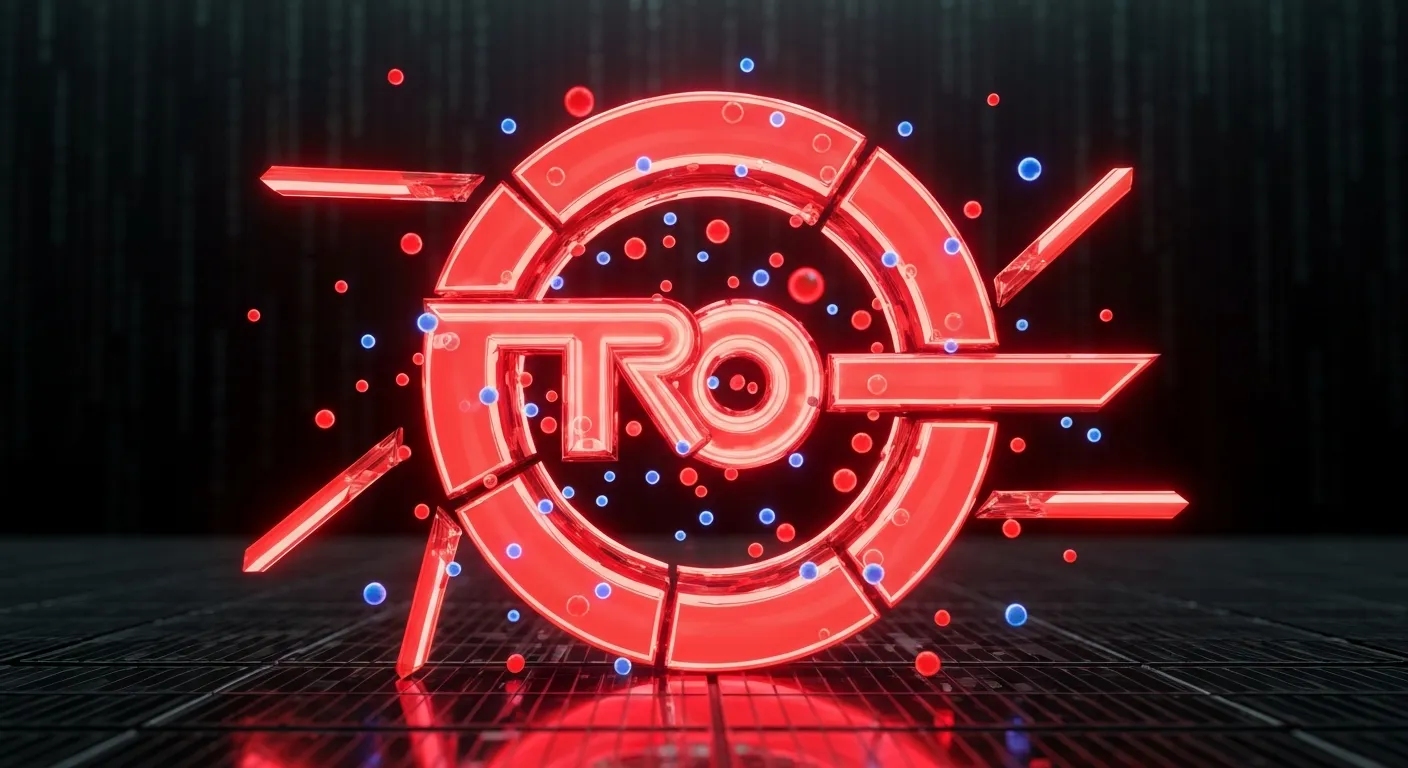Have you ever stopped to think about how absurdly ancient our global financial system is? We can stream a 4K movie from a server on the other side of the planet in a millisecond, but sending a simple payment to someone in another country can take three business days and cost a small fortune in fees. It's like we've attached a hyperdrive to every part of our digital lives *except* for money itself.
The plumbing of finance is old. It runs on a complex web of intermediaries, trust agreements, and batch processing that was designed decades ago. It’s slow, it’s expensive, and it locks out millions of people.
Now, imagine a different kind of plumbing. Imagine a network built not on trust, but on math. A network where transactions aren't processed in batches by bankers, but settled in real-time by a global, decentralized machine. A network that’s so fast and cheap, it makes sending a dollar or a million dollars feel as effortless as sending an email.
That network exists, and it’s quietly become the backbone for a staggering volume of global stablecoin payments. It’s Tron.
Forget the hype and the noise for a second, and just think about the pure utility. When you see billions of dollars in USDT moving on the Tron network every single day, it’s not because of some speculative frenzy. It’s because it solves a brutally practical problem. It is the cheapest and fastest way to move dollar-equivalent value on the planet, full stop.
Think about a global freelance marketplace trying to pay thousands of creators all over the world. Using the old system, they’d face a nightmare of wire fees, currency conversions, and week-long delays. It’s an operational disaster. Now, picture them building their payment system on Tron. The moment a project is approved, a smart contract executes and settles the payment in USDT to a creator's wallet in Nigeria, Brazil, or the Philippines. The entire process takes about three seconds and costs less than a penny.
That isn't just a marginal improvement. It’s a complete paradigm shift. It’s the difference between sending cargo by sea and teleporting it. This is why developers and businesses are flocking to it for this specific use case. They aren't choosing it because it’s the most philosophically decentralized network, or because it has the most complex smart contract capabilities. They're choosing it because it is an incredibly efficient engine for settlement.
And from a developer’s point of view, the beauty is its simplicity. You don't have to build the complex settlement logic yourself. The network *is* the settlement logic. Your job is just to plug into it. You use their APIs to manage wallets and initiate transfers, and you let the blockchain handle the heavy lifting of getting the funds from A to B, securely and instantly. It reduces one of the hardest problems in finance to what feels like a simple API call.
This is the quiet revolution happening in the background of the crypto noise. It’s not about finding the next 100x moonshot. It’s about replacing the rusty, archaic plumbing of our financial world with something built for the digital age. It’s about making money finally move at the speed of information. And for that monumentally important job, Tron has become an undeniable, workhorse powerhouse.

